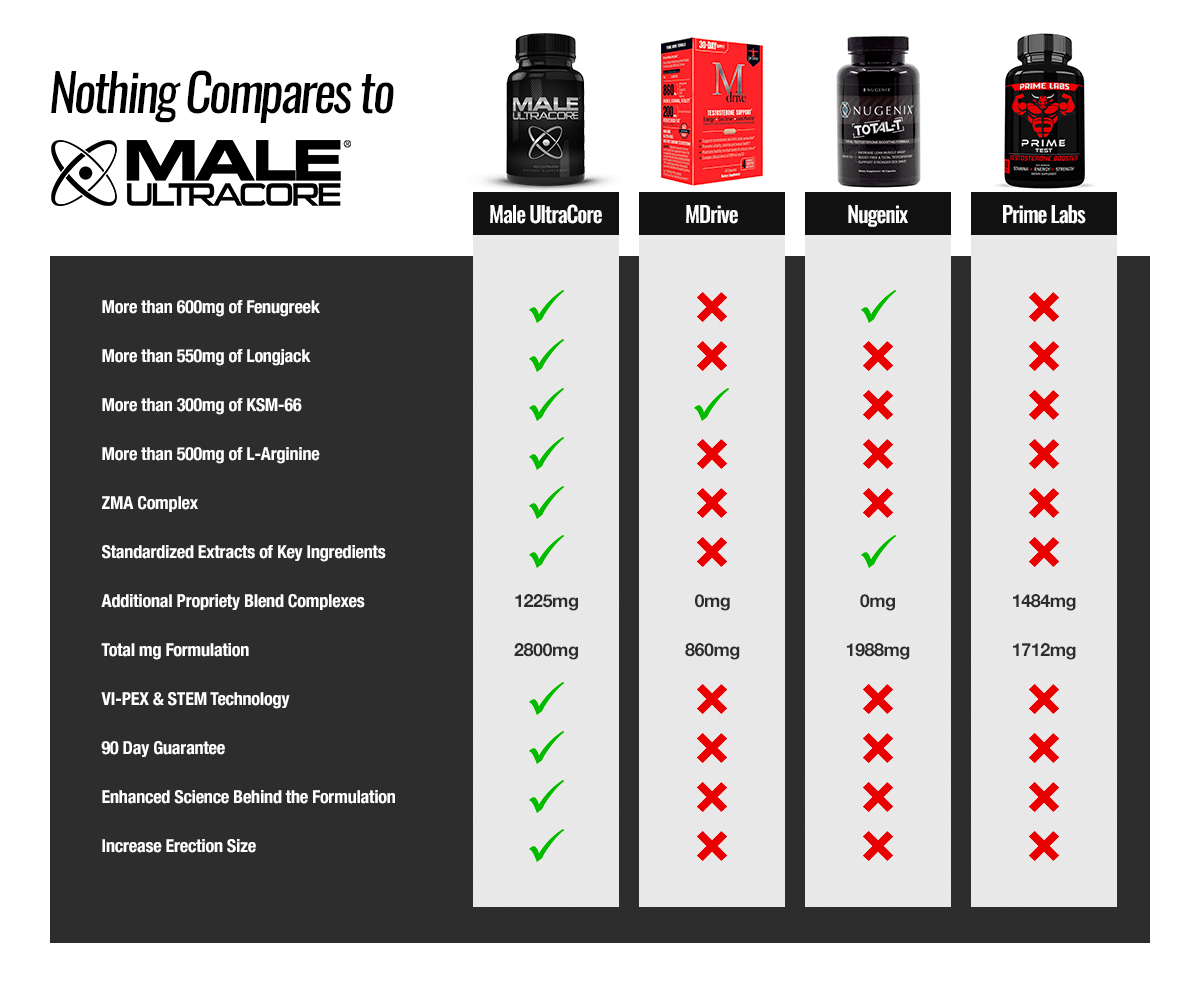Beta-blockers are blocking agents used as medications for reducing high blood pressure. Beta-blockers, as the name suggests, blocks epinephrine, which causes your heart to beat slowly to lower your blood pressure. These also aid in the opening of your arteries and veins, thereby improving your blood flow.
Beta-blockers also help in controlling the fight-or-flight response of your body. These are used to treat various heart-related conditions such as high blood pressure, irregular heartbeat, chest pain, migraine, heart failure, and certain types of tremors. Some doctors even recommend this class of medication to treat and manage symptoms of anxiety.
How Beta-blockers Work
These are beta-adrenergic blocking agents that prevent the association of adrenaline and the beta receptors of your heart. If this happens, your heart is intercepted to pump faster or harder. Aside from its effect of relaxing your heart, it also relaxes your blood vessels, which results in the lowering of your blood pressure. Some of the common beta-blockers are acebutolol, bisoprolol, carvedilol, propranolol, atenolol, and metoprolol.
When are Beta-blockers Used?
If you have high blood pressure, beta-blockers are not necessarily recommended. Instead, diuretics are prescribed as a first treatment. But if this is not effective, that is the time when your doctor might recommend you to take beta-blockers. And this is prescribed as one of the many medications for lowering high blood pressure.
What are the Side Effects of Beta-blockers?

If you are taking beta-blockers, you might experience gaining weight, fatigue, and cold hands or feet. Some experience shortness of breath, trouble sleeping, and depression. Beta-blockers are sometimes used in treating anxiety which is prescribed off-label though.
If you have asthma, it not advisable to take beta-blockers because it might trigger asthma attacks. If you have diabetes, taking beta-blockers may stop the indications of low blood sugar, that is why it is best to check your blood sugar levels regularly.
Beta-blockers may also have a side effect on your triglyceride and cholesterol levels. They can decrease your HDL cholesterol or good cholesterol. They can cause a rise in your triglyceride, a kind of lipid in your bloodstream.
Your doctor will not recommend you to stop taking beta-blockers abruptly as this might make you at a higher risk of a heart attack and other heart-related problems.
How Long Can You Stay on Beta-blockers?
Several factors are being considered by your health care provider to determine how long you need to stay on beta-blockers. Usually, beta-blockers are recommended to be taken for three years. But there are cases when this is not necessary.
Since beta-blockers can reduce your blood pressure and heart rate, they can be utilized in the emergency department to lower the risk of heart muscle damage in case of a heart attack. Nowadays, there are already several methods to treat a heart attack such as reperfusion wherein patients undergo surgery to open blocked arteries and take clot-dissolving medications. This method helps in improving your blood flow without beta-blockers.
If you have a decreased blood flow or if your heart muscle is pumping ineffectively and already weak, you are not prescribed to take beta-blockers, specifically in high doses through IV, as it can be harmful to you.
If you are being treated for an emergency heart attack, it is recommended for you to undergo beta-blocker therapy to lower your risk of chest pain, irregular heart rhythms, or another heart attack.
People used to take beta-blockers for many years, sometimes indefinitely, after they experienced a heart attack. But experts question the need of taking beta-blockers for the long-term even if the patient has no heart failure especially nowadays that several medications such as cholesterol-lowering statin therapies and aspirin are already available to manage various heart diseases.
Recent evidence suggests that beta-blockers are not needed, except if you don’t have heart failure, because prompt treatments of heart attacks such as with stents already exist though these are still prescribed after a heart attack.

A growing number of studies recommend that beta-blockers are only necessary for the first year or so after you experience a heart attack, provided that your heart already pumps normally. If you have high blood pressure, but there is no indication of heart failure, you can switch to various blood pressure medications.
That is the reason why if you have been taking beta-blockers for many years after a heart attack and you don’t have heart failure, you need to seek advice from your health care provider regarding the pros and cons of maintaining beta-blockers.
Perhaps, your doctor will recommend you to switch to an angiotensin-receptor blocker (ARB), ACE inhibitor, or calcium-channel blocker. And as already mentioned, you don’t have to stop taking beta-blockers immediately. It might cause you to have very high blood pressure or a very high heart rate.
Conclusion
People with high blood pressure will usually be advised to take beta-blockers. These drugs help in slowing your heartbeat and reducing your heart force. But then, taking beta-blockers might cause depression and fatigue for some people, though these drugs are also used to treat anxiety.
Beta-blockers are prescribed after a heart attack. But the period when these drugs should be taken is sometimes confused. If you are not experiencing heart failure, taking beta-blockers after a year or so might be enough. It is best to check with your health care provider to know whether or not these drugs are still good for you.
Increase Your Testosterone Levels with Testosterone Boosters
Male UltraCore is a premium testosterone boosting supplement that is designed to maximize test levels, increase your performance and drive, and give you harder and fuller erections. 





